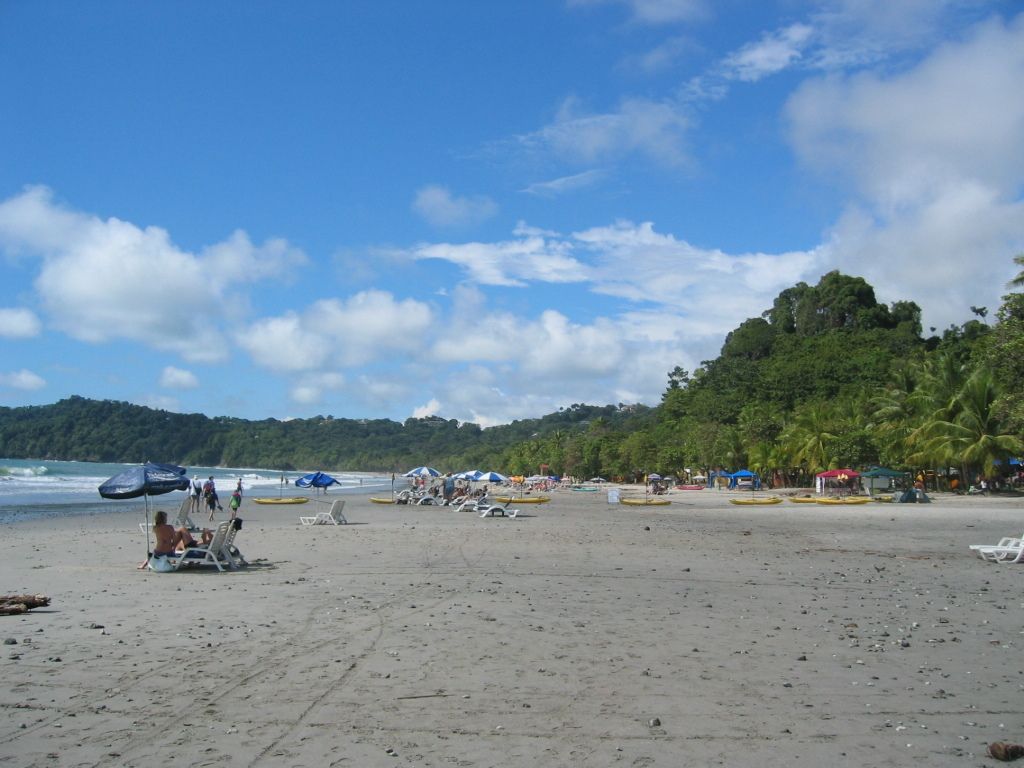Urgent Call for Collaborative Efforts to Combat Corruption in the Shipping Sector
The Battle Against Maritime Industry Corruption in Africa
It's high time for a united front to combat corruption gnawing at the heart of Africa's maritime sector. This call comes after the success of a collective action project in Nigeria, aiming to enhance the commercial climate and reduce corruption in the port and maritime sector.
For nearly a decade, the Maritime Anti-Corruption Network (MACN) has been working hand-in-hand with regional stakeholders from both private and public sectors to foster fairness and transparency in Nigeria's port and maritime sector. This initiative has enjoyed significant backing from high-level private sector stakeholders and government figures, including the Nigerian presidency.
Key components of this project and its achievements include:- Crafting an SOP toolkit for private and public stakeholders to streamline standard operating procedures in their day-to-day operations.- Establishment of a Help Desk in collaboration with the Nigerian Shippers Council's grievance mechanism to address corruption-related issues.- Development of a National Port Integrity Index for Nigeria and a Global Port Integrity Platform to monitor port integrity levels across the globe.
As the project has shown, these steps can foster a culture of integrity in the maritime sector. Further emulation of this approach is encouraged, for instance, in Ghana and other nations within West and Central Africa, according to an Associate Director of MACN, Vivek Menon. Preparations to introduce a similar project in Ghana are underway.
Menon pointed out that maritime corruption is a global predicament, with no nation or port escaping its grasp. Citing data from across the globe, he explains that some 53,000 incidents in over 1,200 ports and terminals worldwide have been impacted by this problem.
Data-driven results, along with the collaboration of all stakeholders, are at the heart of MACN's strategies. The organization's efforts were kick-started with an anonymous incident reporting system, which has been collecting data for more than a decade.
The fight against maritime corruption receives enthusiastic support from Soji Apampa, CEO of the Centre on Business Integrity (CBI) in Nigeria. He champions replicating the Collective Action Project in Ghana, encouraged by the maxim, "If it can work in Nigeria, it can work anywhere else, especially in the fight against corruption." He believes that Ghana, already prominent in West Africa's maritime business sector, could consolidate its status by taking on this initiative.
Transparency, streamlined port processes, and leapfrog technology adoption are vital for eliminating corruption in the maritime industry. Standardized procedures will promote objectivity in vessel clearance assessments, shielding seafarers from subjective and discretionary enforcement. Through a collaborative approach, corrupt practices can be addressed, and the region's maritime sector can be modernized, making it competitive on the global stage.
- Business conferences focusing on trade development could benefit from inviting Vivek Menon, the Associate Director of the Maritime Anti-Corruption Network (MACN), to speak about his experience in combating corruption in Africa's maritime sector.
- In line with Soji Apampa's vision, the adoption of a similar Collective Action Project to Nigerian's could potentially revolutionize the ports and business operations in sports goods distribution within Ghana, as the nation strives to modernize its maritime sector and become a significant player on the global stage.
- At the upcoming business conference on development and trade, MACN could present a report showcasing the latest statistics on maritime corruption incidents worldwide, ensuring all stakeholders are updated on the scope of the global predicament, along with the data-driven strategies employed to combat it.







